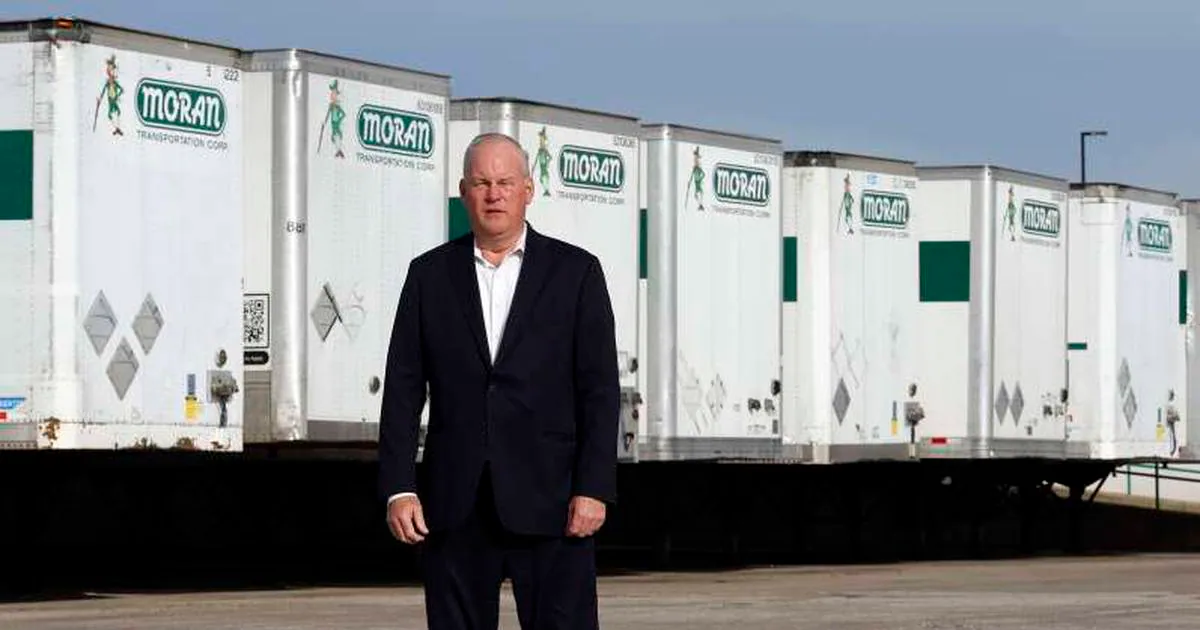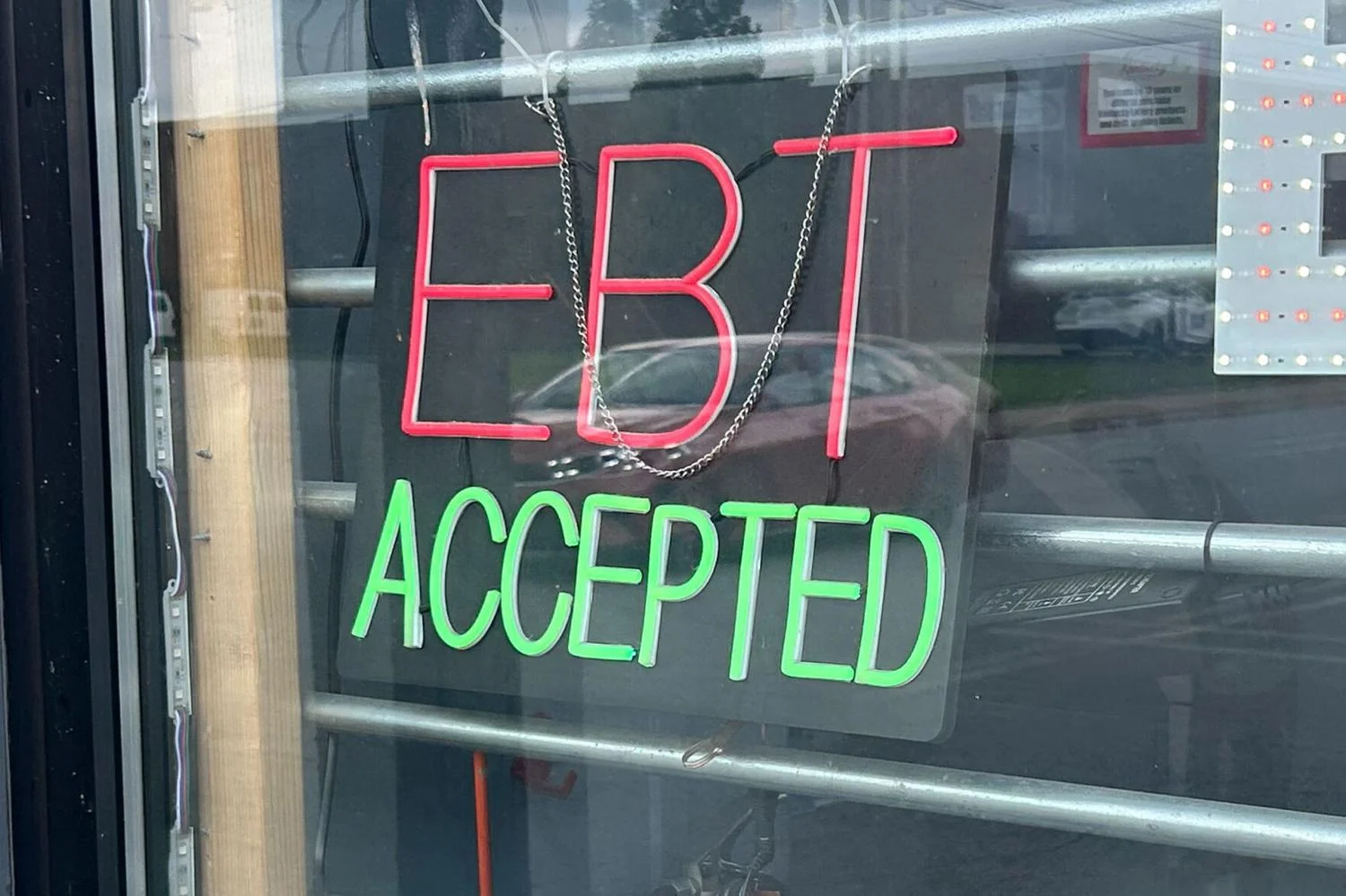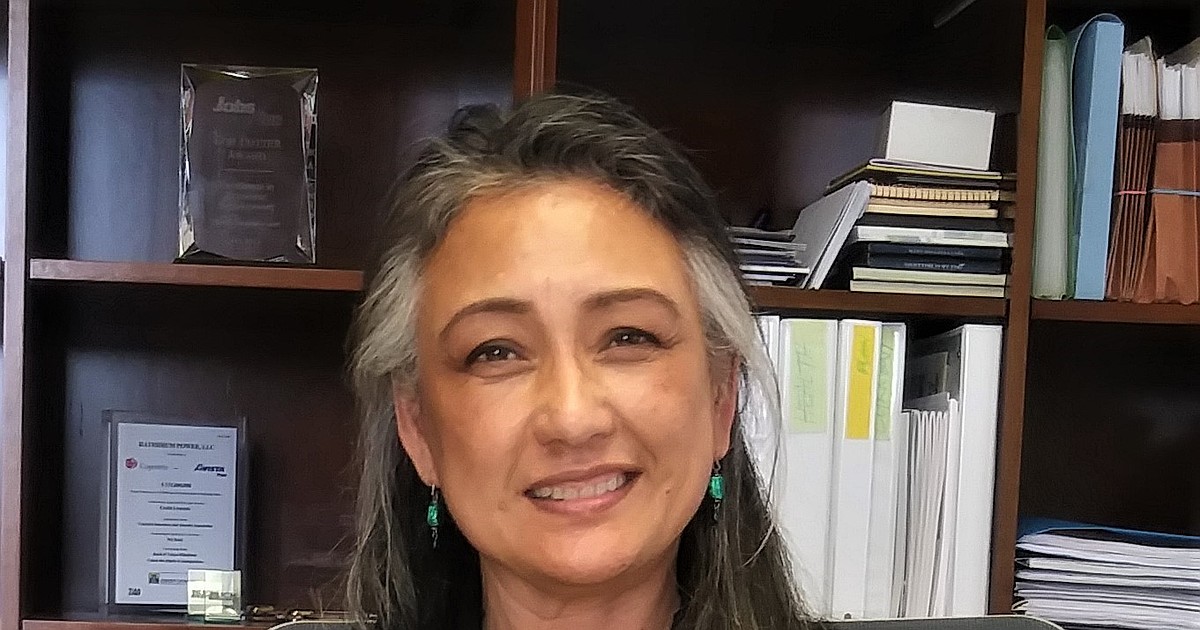Copyright Shaw Local Enewspapers

State lawmakers’ passage of Senate Bill 2111 on Oct. 31 saves Metra, Pace and the CTA from a massive shortfall leading to service cuts and layoffs. But tucked into the bailout is a toll hike that will devastate the trucking industry, raise the cost of goods and reduce safety, executive Mike Moran contends. “When I woke up on Friday (Oct. 31) they handed me a $360,000 cost increase,” said Moran, president of Elk Grove Village-based Moran Transportation Corp. “No notice, no word, no nothing. It’s the largest single cost increase I’ve seen from any vendor in 46 years of business.” The medium-sized company already pays about $1.2 million in tolls annually. “This was a miserable blow,” Moran said. Senate Bill 2111 would raise tolls by 30% on commercial vehicles including trucks and 45 cents on passenger vehicles, effective Jan. 1, 2027. It would generate about $1 billion for the tollway’s capital plan. It also would impose increases tied to the Consumer Price Index not to exceed 4% on tolls every two years, starting Jan. 1, 2029. “If I want to survive, my rates are going up significantly,” Moran said, noting this would impact truck companies across the state. “It’s punishing businesses,” he said. “I’ve already talked to my biggest, largest customers, and said, ‘Hey prepare for a huge increase.’” Prices on consumer goods will go up as well, he predicted. “That means every gallon of milk, every widget that’s out there. If you buy something at the store, it’s moved by truck 10, 20, 50 different times.” The legislation’s aim is to reform transit governance and “transform” Metra, Pace and the CTA with a revenue surge. A Regional Transit Authority sales tax increase, shifting money from the state Road Fund to transit and other provisions would raise about $1.5 billion. Increasing tolls to help pay for buses and trains was floated in the spring but influential labor unions opposed it. The final bill was a compromise satisfying unions that objected to diverting Road Fund revenues for transit. “Anytime we talk about investment at this level, we have to think very seriously about how funding is going to be packaged together to get us to where we want to go,” Chicago Democratic state Rep. Eva-Dina Delgado said at a Tuesday briefing on the legislation. “No tollway money is going into transit,” she noted. “The tollway money is staying in the tollway. They haven’t seen an increase in about 13 years and the tollway system in Illinois is underpriced in comparison to the other systems that are comparable to ours. Delgado, a key negotiator on the measure, said additional toll revenue would be used to improve tollway infrastructure. “So for that trucker who depends on the tollway to be safe and get them to where they need to be, that investment in the infrastructure is going to be incredibly important for them,” she said. Democratic state Rep. Matt Hanson of Montgomery, whose 83rd District includes parts of Kane County, said “it’s our belief there were toll increases coming,” regardless of the transit bailout. The tollway last hiked passenger vehicles’ rates in 2012, nearly doubling fees. Trucks saw a substantial increase in 2015, and incremental increases each year after. Moran’s company delivers medium-sized loads across the Midwest. Drivers might haul from one to 10 pallets of medical supplies from corporate clients to customers at hospitals and other sites on any given day, for example. He warns the new fees mean “more carriers are going to go out of business.” Large trucking companies will keep using toll roads because it’s more efficient, but smaller trucking firms will divert to local roads, he expects. “We’re going to see a lot more trucks on state roads – Route 83, Lake-Cook Road, York Road,” said Moran, who also is the Barrington village president. “We’re going to see more trucks and more accidents.” Gov. JB Pritzker supports the transit bill but has not yet signed it. As a result, “the timing of any action by the tollway has not yet been determined,” tollway spokesman Dan Rozek said. “We will keep the public apprised of any notable developments.” Former tollway board director Bill Morris of Grayslake cast the lone vote against higher tolls in 2012. Regarding the CPI-based hike, he warned that “the administration, unions and board will simply begin each budget year assuming an income increase of whatever amount the automatic increase is scheduled to produce.” “This is very bad public policy and really bad budget/spending management,” said Morris, a former state senator. https://www.dailyherald.com/20251109/transportation/ceo-trucking-industry-will-suffer-a-miserable-blow-with-toll-hike-spikes-also-loom-for-all-every/



